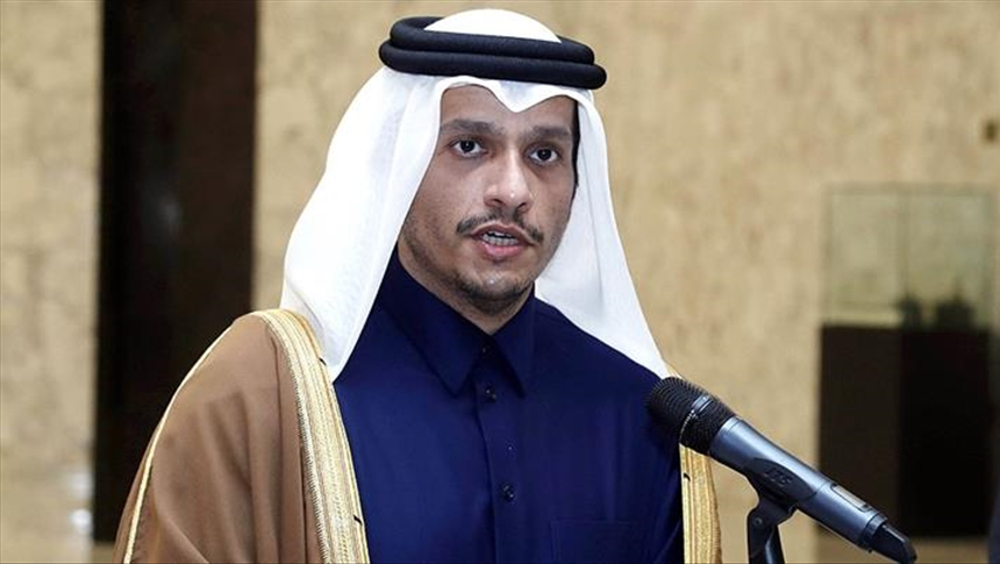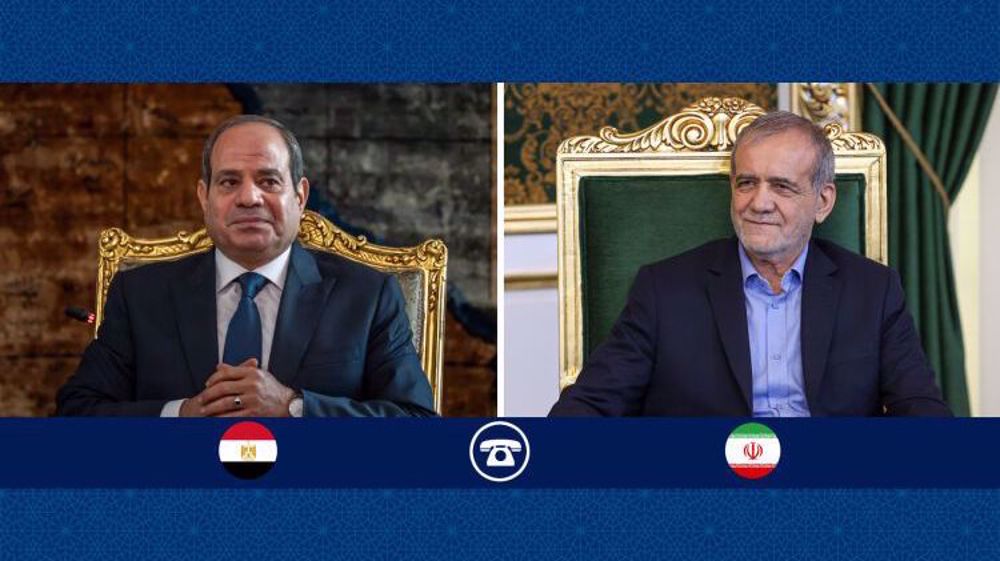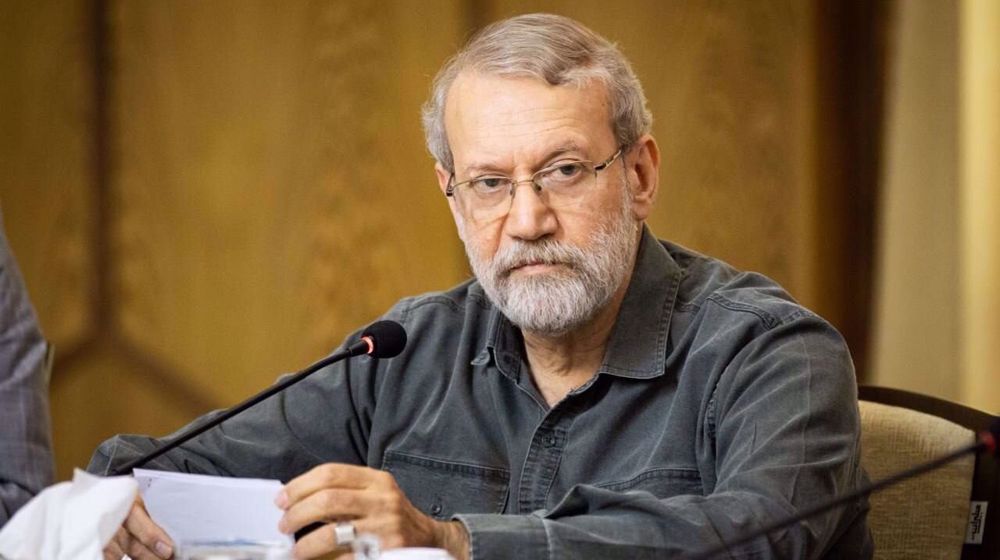Iran urges Ban not to yield to ‘political pressure’ over report on JCPOA
An Iranian Foreign Ministry official has urged the UN chief not to give in to 'political pressure' in his report to the Security Council on the implementation of the country’s nuclear agreement with the group of six world countries.
The unnamed Iranian official was quoted by IRNA as saying that UN Secretary General Ban Ki-moon has never participated in the nuclear negotiations between Iran and the P5+1 group of countries and must not discuss issues in his biannual report that are in contradiction to the very contents of the nuclear agreement, known as the Joint Comprehensive Plan of Action (JCPOA).
The official made the remarks in response to the confidential report which was cited by Reuters on Thursday. The story by Reuters quoted the UN chief as saying that Iran's ballistic missile launches “are not consistent with the constructive spirit” of the JCPOA.
Ban also said that it is up to the UN Security Council to decide if Iran’s missile launches violated the resolution the Security Council adopted last year as part of the nuclear agreement.
"I call upon Iran to refrain from conducting such ballistic missile launches since they have the potential to increase tensions in the region," the UN chief wrote in his first biannual report to the 15-member Security Council on the implementation of remaining sanctions and restrictions. The council will reportedly discuss the report on July 18.
The Iranian Foreign Ministry official expressed hope that the Reuters report would not be true.
The official urged Ban not to offer interpretations that do not comply with the JCPOA text and are merely the outcome of political pressure by certain permanent members of the Security Council.
The official also called on the UN chief to present a “realistic and fair” report on Washington's failure to fulfill its JCPOA obligations as attested by all countries that have resumed economic cooperation with Iran.
Iran and the five permanent members of the UN Security Council – the United States, Britain, France, Russia and China – plus Germany started implementing the JCPOA on January 16.
After the JCPOA went into effect, all nuclear-related sanctions imposed on Iran by the European Union, the UN Security Council and the US were lifted. Iran, in return, has put some limitations on its nuclear activities.
On March 9, Iran successfully test-fired two ballistic missiles as part of military drills to assess its defense capabilities. The missiles dubbed Qadr-H and Qadr-F were fired during large-scale drills, code-named Eqtedar-e-Velayat.
A day earlier, the country’s Armed Forces had fired another ballistic missile called Qiam from silo-based launchers in different locations across the country.
The US claims that Iran’s missile tests violate the UN Security Council Resolution 2231 that endorsed the JCPOA.
Resolution 2231 adopted on July 20, 2015 provides for the termination of the provisions of previous Security Council resolutions on the Iranian nuclear program and establishes specific restrictions that apply to all states without exception.
The resolution calls upon Iran not to undertake any activity related to ballistic missiles designed to be capable of delivering nuclear weapons, including launches using such ballistic missile technology.
Qatari foreign minister holds talks in Tehran with FM Araghchi, Iran’s top security official
Diplomacy Iran’s priority, but forced negotiations unacceptable: President
VIDEO | IRGC is part of Iran’s national army: Pundit
FM: IRGC upholds peace, stability as foreign meddling fuels escalation
VIDEO | Trump Epstein files scandal
VIDEO | Global order on the brink
VIDEO | 47th anniv of Islamic Rev.
Israeli claims of ceasefire violations meant to 'justify massacres' in Gaza: Hamas










 This makes it easy to access the Press TV website
This makes it easy to access the Press TV website